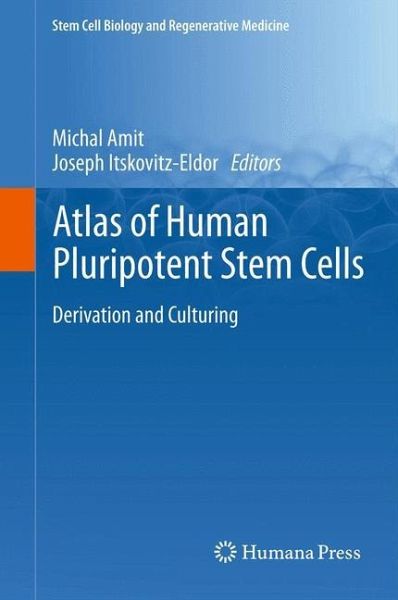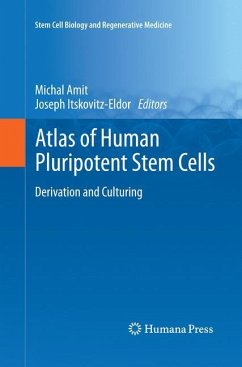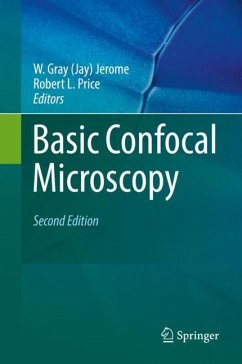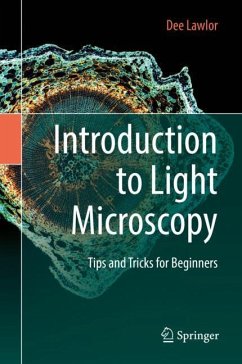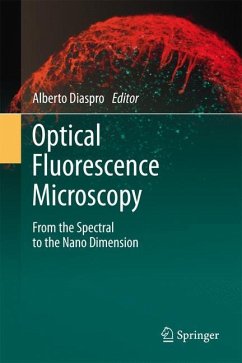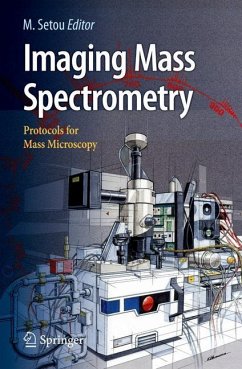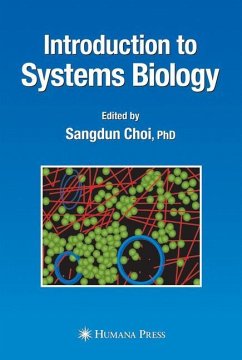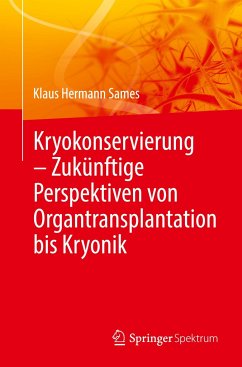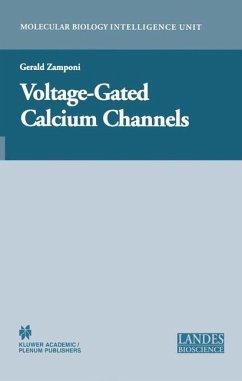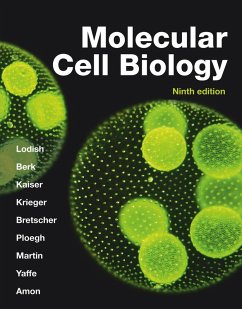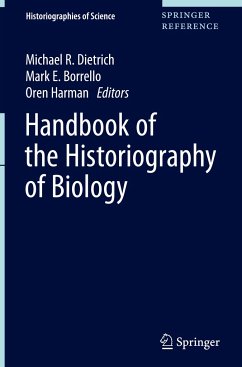Michal Amit, Ph.D. is a senior scientist at the Sohnis and Forman Families Stem Cell Center, Faculty of Medicine, Technion - Israel Institute of Technology, Haifa. She obtained her Ph.D. degree in Medical Sciences from the Technion. In 1998 she trained at the University of Wisconsin, Madison, in embryonic stem cell (ESC) culture and derivation methods, at the time of the derivation of the first human ESC lines. At the Faculty of Medicine of the Technion she derived the first human embryonic stem cell lines in Israel, as part of her Ph.D. degree. Under grants funded by the National Institute of Health, Michal Amit was responsible for the Technion's ESC bank, which distributed hESCs to laboratories worldwide, and for establishing and running international courses on culturing ESCs. In recent years she directed the Stem Cell Infrastructure Center of the Technion and has developed culture techniques for ESCs using defined and animal-free conditions. She currently devotes her research efforts toward developing methods for the mass production of pluripotent stem cells, to promote research, clinical and industrial applications. Joseph Itskovitz-Eldor, MD DSc, is director of the Department of Obstetrics and Gynecology at Rambam Health Care Campus and professor at the Faculty of Medicine, Technion- Israel Institute of Technology, Haifa, where he also holds the Sylvia and Stanley Shirvan Chair in Cell and Tissue Regeneration Research. He obtained an MD degree from the Hebrew University in Jerusalem and a DSc in Physiology from the Technion. While formerly an active researcher of assisted reproductive technnologies, his efforts have focused mainly on stem cells since his involvement in the isolation of the first human embryonic stem cell (hESC) line in Wisconsin in 1998. Subsequent to that breakthrough discovery, he established the first hESC laboratory in Israel and his team derived the first hESC lines in Israel in 2000. At that time he alsoengaged in collaborations in the US and Europe for the distribution of hESC lines, and assisted numerous research groups in establishing stem cell laboratories, some of which have become leading research centers. Joseph Itskovitz-Eldor has participated in numerous scientific and ethical forums worldwide. Between 2007 and 2009 he served as president of the Israel Stem Cell Society. He currently devotes his research efforts toward developing novel technologies for the derivation and culture of hESC for research and clinical applications, and exploring the potential of these cells to differentiate into various lineages. With over 300 scientific publications in the fields of fetal physiology, assisted reproductive technologies, and human embryonic stem cells, Joseph Itskovitz-Eldor is an internationally-acclaimed pioneer and a major contributor to the fields of reproductive medicine and stem cell research.
